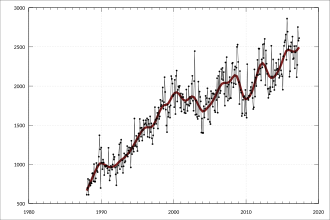 |
| Image courtesy 6PR |
I came across this post the other day.
I have never met Normie Rowe, but have deep respect for him as a fellow Vietnam veteran and Nasho. He left Vietnam just before I got there, but I certainly travelled in APCs belonging to his unit (3 Cav) in 1970.
It was noisy, but beat walking. It helped to forget about land mines....
Rowe is also a very talented musician. The post is attributed to Normie, but without actually asking him, gentle reader, I won't know whether he wrote it or not.
In any case, I'm interested in the facts of history, not (in this case) how a Vietnam veteran (including a respected celebrity) allegedly reflects on his experience. There is a time and place for that.
I find myself agreeing with much of what is attributed to Rowe in the post, especially his remarks about conscription being a political exercise.
The part that doesn't hold water refers to an anecdote about the deathbed confession by an advisor to Harold Holt. All Normie writes is that he'd heard the anecdote. He makes no judgement about whether it is real.
To cut to the chase, the post alleges that Normie ended up as a conscript because the government believed that calling up a celebrity would improve public support for the scheme, support that had never been on firm ground. The substance of the myth is that his birthdate was never drawn, and that he was enlisted as a publicity stunt.
Indeed, his birthdate (1st February 1947) was not drawn in the fifth intake on 10th March 1967, but that was irrelevant as he hadn't registered. He was absent from Australia at the time making music in the UK.
He was required to register when he got home, and did so, in one of the fifteen supplementary ballots held during the course of the scheme. There were sixteen regular ballots, one more than the supplementary ones. I had registered in the normal ballot he missed and my birthdate was drawn in that 10th March ballot. Strangely, that's my bride's birthday, although we hadn't met at the time.
The routine supplementary ballot was held for those registering on return to Australia, and Normie's birthdate was drawn. He was enlisted in January 1968, assigned the regimental number 3793130, did recruit training and was allocated to Armoured Corps.
He was in Vietnam from 14th January until 19th December 1969.
The myth has been bouncing around the interweb for years, and has been debunked before, but it persists. It featured on Media Watch in March 2008.
I was at a meeting of ex-Nashos the other day, and heard the myth being floated again. I had my iPad with me and was able to show the ex-Nasho who was proclaiming it, chapter and verse showing the Normie's birthdate drawn in the supplementary ballot.
It made no difference, and we parted with his belief in the myth still firm. He claimed the whole thing (including the record of the supplementary ballot draws) was a government conspiracy.
Obviously, the myth is more entertaining than the history.





